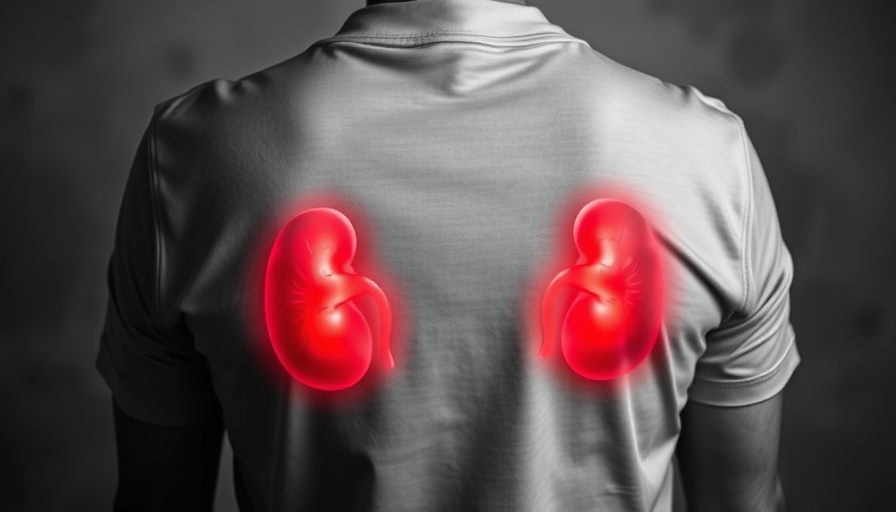
The Alarming Oversight in Heart Health
Thousands of individuals suffering from advanced heart failure in the United Kingdom are missing out on potentially life-saving treatments like heart transplants and left ventricular assist devices (LVADs). During the British Cardiovascular Society Annual Conference 2025, consultant cardiologist Owais Dar emphasized this critical situation, labeling it a "systemic failure" in how these services are delivered. His revelations indicate that approximately 10,000 adults under 65 eligible for such interventions have not been referred to specialized healthcare, resulting in deadly delays and unnecessary suffering.
A Stark Comparison: Heart Failure vs. Cancer Care
Dr. Dar's stark comparison to cancer care highlights a troubling disparity in health protocols. "If this was a cancer, we would be furious about this," he said, urging for greater awareness and urgency in addressing heart failure. Despite the advancements in medical technology and treatment options, patients are not receiving the care they desperately need. The National Advanced Heart Failure Audit revealed that 130,000 adults with advanced heart failure are living with palliative care needs, waiting for a chance at a more hopeful outcome.
Referral Patterns and Their Impact
The wide variation in referral patterns across regions adds another layer of complexity to this issue. Even in areas with high referral rates, the numbers remain inadequate. This inconsistency reveals a broader neglect of heart transplantation and LVAD therapy, as the healthcare system fails to fully recognize these options as viable solutions. Geraint Jenkins, another cardiologist, articulated the challenge this poses; many patients, despite improved medical therapies, are not aware or able to access transplant centers when they need them most.
The Risk of Overwhelmed Services
Current referral criteria have also come under scrutiny for being too lax. Dr. Jenkins warned that if referral patterns do not improve, there is a risk of overwhelming specialist services. “We have thousands of patients with implantable cardioverter defibrillators. If they all sought referral, it would inevitably swamp our services,” he cautioned. Identifying the right patients at the right time is essential, and this requires a better system for prioritizing those most in need of advanced interventions.
The Future of Heart Treatments: LVADs
Amidst these shortcomings, innovations in treatments like the LVAD provide a glimmer of hope. Neither dependent on organ donation timelines, LVADs are mechanical pumps that support circulation for patients with severely weakened hearts. With the potential for almost unlimited availability, Dr. Dar emphasized that access to these devices should theoretically be much simpler than waiting for a heart transplant. “These can offer an operation that can allow patients to live another eight years,” he explained, presenting LVADs as a critical bridge while waiting for a transplant.
Understanding the Broader Implications
As we delve deeper into the issues surrounding heart health treatments, it's important to consider the broader implications of these findings. The oversight in patient referrals does not just signify inefficiencies in healthcare; it also reflects an urgent public health crisis. If we can recognize the gravity of advanced heart failure as we do with diseases like cancer, we can begin to push for systemic changes that ensure every eligible patient receives the necessary care they require.
Taking Action for Heart Health
For patients, families, and advocates, understanding these issues is vital. Staying informed about the eligibility criteria and making proactive steps can help ensure that those with advanced heart failure receive the timely treatment they deserve. Whether it’s through consultations with healthcare providers or advocacy for better systems in monitoring and referral practices, everyone can play a part in improving heart health outcomes.
 Add Row
Add Row  Add
Add 



 Add Row
Add Row  Add
Add 
Write A Comment